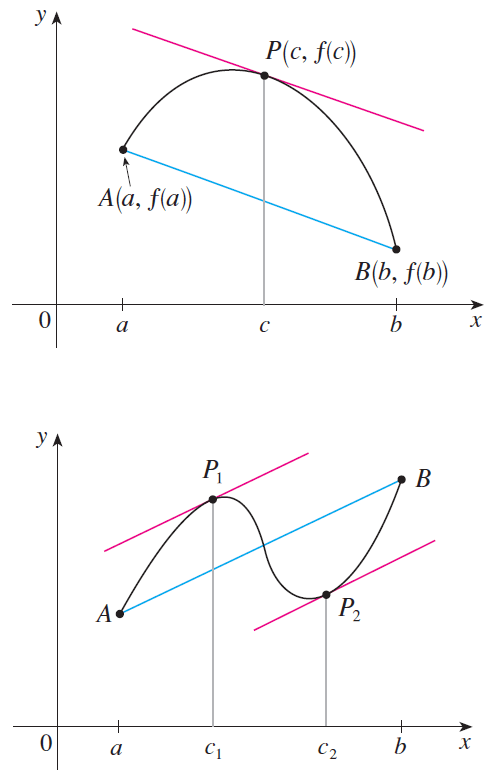WHAT IS A PRIME NUMBER
Definition of a Prime Number :
If a number is evenly (without remainder) divisible by only two numbers such that 1 and the number itsef is called a prime number.
For example, if you consider the number 2, it is divisible by 1 and itself and it is not divisible by any other number. So, 2 is a prime number.
The following are the one digit prime numbers.
2, 3, 5, 7
1 is not a prime number. In general, a prime number is evenly divisible by only two numbers, 1 and the number itself. But, 1 is divisible by only one number, that is 1 itself. And also, 1 is not a composite number. So, 1 is neither prime nor composite and it is a special number.
Note :
If a number is not prime, then it is composite.
Solved Questions
Question 1 :
List all prime numbers greater than 10 and less than 30.
Answer :
11, 13, 17, 19, 23, 29
Question 2 :
How to check if a number is prime or not?
Answer :
Try to divide the given number by any number other than 1 and the number itself. If the given number is not divisible by any number other than 1 and the number itself, then the given number is prime, otherwise it is a composite number.
Question 3 :
Is 27 a prime number? If not, what number is it?
Answer :
We can try to divide 27 by a number other than 1 and itself. 27 is divisible by 3 and 9. So, 27 is divisible by some numbers other 1 and itself. So, 27 is not a prime number. If a number is not prime, then it is composite. So, 27 is a composite number.
Question 4 :
Is 31 a prime number? If not, what number is it?
Answer :
We already know that 31 is divisible by 1 and itself. Apart from that, it is not divisible by any other number. So, 31 is a prime number.
Question 5 :
How to find prime numbers from 1 to 100? And also, list out the prime numbers from 1 to 100.
Answer :
We can use Sieve of Eratosthenes method to find prime numbers from 1 to 100. Click here to know more about finding prime numbers from 1 to 100 using Sieve of Eratosthenes method.
List of prime numbers from 1 to 100.
2, 3, 5, 7, 11, 13, 17, 19, 23, 29, 31, 37, 41, 43, 47, 53, 59, 61, 67, 71, 73, 79, 83, 89, 97
Kindly mail your feedback to v4formath@gmail.com
We always appreciate your feedback.
©All rights reserved. onlinemath4all.com
Recent Articles
-
Simplifying Algebraic Expressions with Fractional Coefficients
May 17, 24 08:12 AM
Simplifying Algebraic Expressions with Fractional Coefficients -
The Mean Value Theorem Worksheet
May 14, 24 08:53 AM
The Mean Value Theorem Worksheet -
Mean Value Theorem
May 14, 24 02:48 AM
Mean Value Theorem

